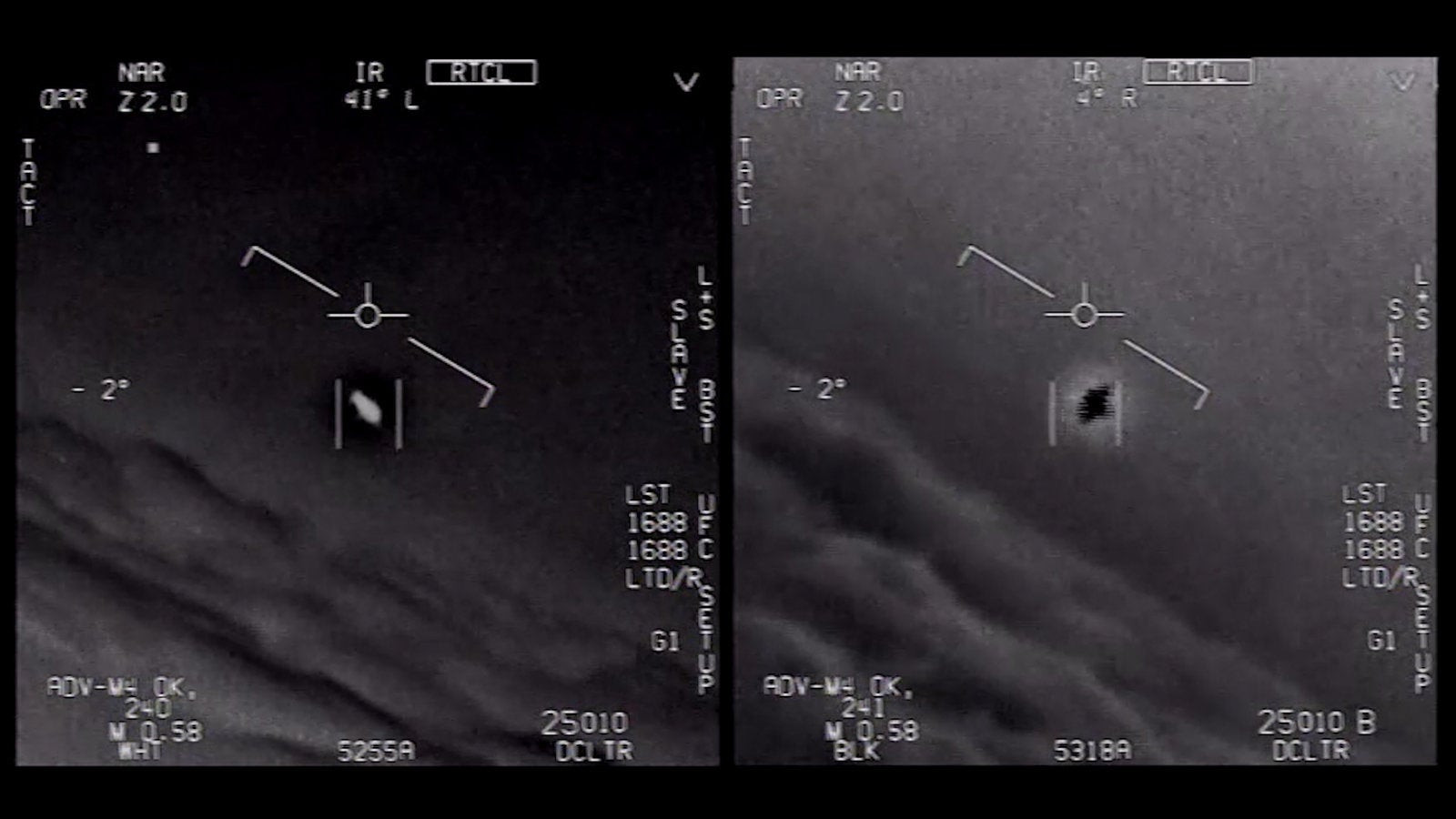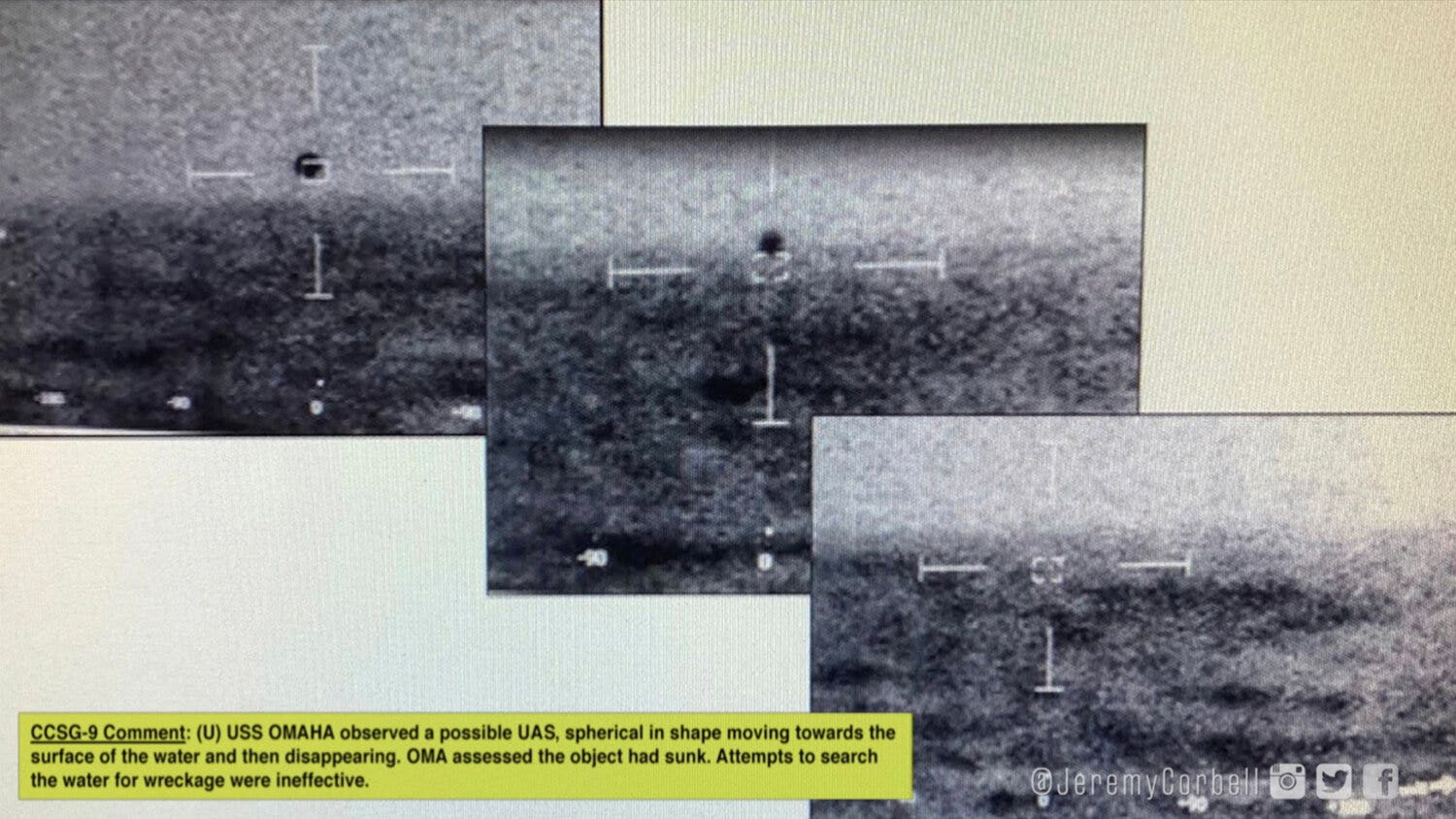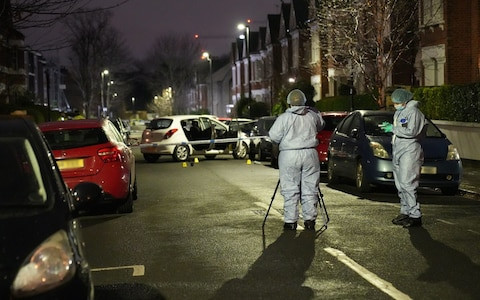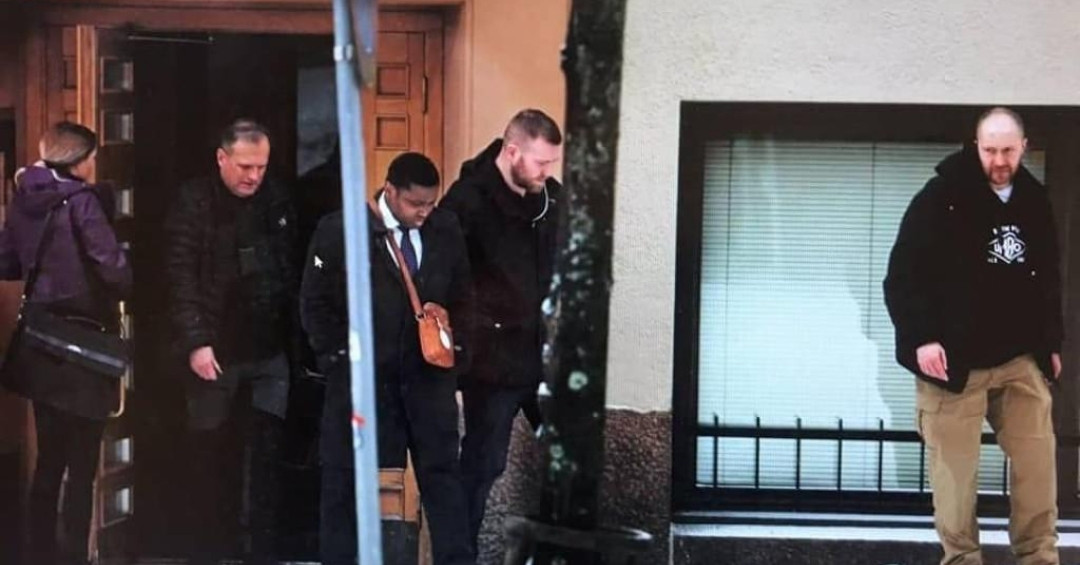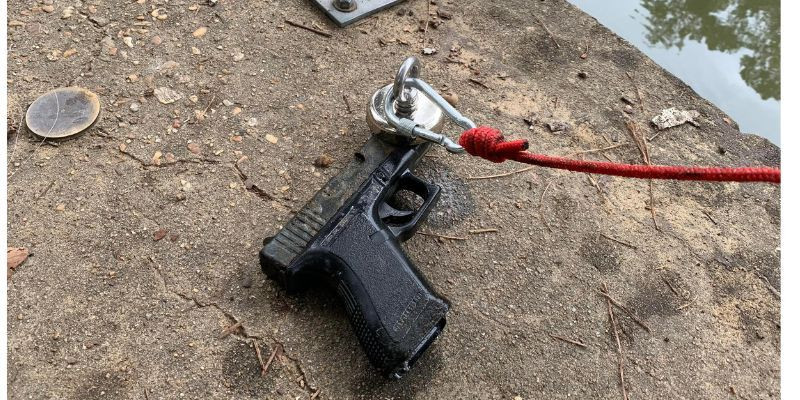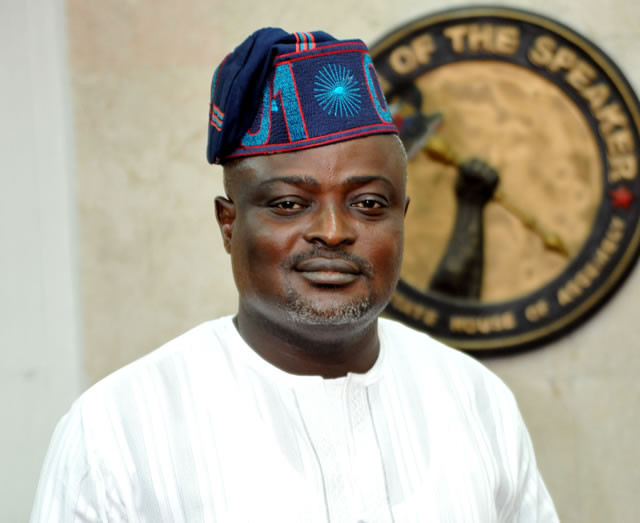Ex-defense department official said government employees had been injured and US conducted secret UFO retrievals
US government employees have been injured by UFOs and the US government has conducted a secret UFO retrieval program, a former department of defense official told a congressional committee on Wednesday, though the hearing lacked any direct evidence to back up the startling claims.
The hearing on unidentified anomalous phenomena (UAP), which has become the more accepted term for UFO, also heard that the government has a “huge amount” of secret information on UAPs, including “photos, video, photos, other information”. But it also learned, following a query from Colorado congresswoman Lauren Boebert, that there is no evidence of aliens having a secret underwater “base” on this planet.
UAPs, Government Secrecy, and Congressional Inquiry
It followed a blockbuster congressional hearing last year in which Grusch, a former American intelligence official, claimed that the US government conducted a “multi-decade” program which collected and attempted to reverse-engineer, crashed UAPs, as members of Congress investigate allegations the government is hiding knowledge of alien craft and beings from lawmakers.
The All-domain Anomaly Resolution Office (AARO), the Department of Defense agency which investigates UAPs, did not immediately respond to a request for comment, but the Pentagon has previously denied the existence of any secret government programs to retrieve alien spacecraft and no evidence of these programs has ever emerged.
UAPs and Government Secrecy
A standout moment on Wednesday came when Nancy Mace, the chair of the hearing, questioned Luiz Elizondo, a former department of defense official who this year claimed in a memoir that the US is “in possession of advanced technology made off-world by non-human intelligence”.
“Has the government conducted secret UAP crash retrieval programs? Yes or no?” Mace asked. Elizondo, who was speaking under oath, said yes.
“Were they designed to identify and reverse engineer alien craft? Yes or no?” Mace said. Elizondo said yes.
Mace continued: “In your book, you mentioned government employees who’ve been injured by UAPs placed on leave and receiving government compensation for their injuries. Is that correct?” Elizondo said it was correct.
Nick Pope, who spent the early 1990s investigating UFOs for the British Ministry of Defence, said “expectation management” is important for those following the slow drip of claims about UAPs, but Pope said nevertheless the hearing had “moved things forward” – not least in creating more interest and more demand for transparency.
“It’s building up that critical mass. Some people will be coming to this fresh,” he said.
“There’s a whole bunch of people who probably haven’t heard of David Grusch because they missed that particular story, who will see this and say: ‘Wait a minute. They’re telling us that this is a crazy subject, no one takes it seriously. And [yet] there’s hearings in Congress?’”
Testimony from Journalist Michael Shellenberger
Wednesday’s hearing heard from Michael Shellenberger, a journalist and founder of the news site Public, who has reported that the Pentagon has a secret UFO retrieval program called “Immaculate Constellation”. Shellenberger claimed that “current or former government officials” had told him that the program had “maybe thousands” of pieces of evidence showing UAPs.
“What the American people need to know is that the US, military and intelligence community are sitting on a huge amount of visual and other information: still photos, video, photos, other sensor information, and they have for a very long time,” Shellenberger said.
“And it’s not those fuzzy photos and videos that we’ve been given. There’s very clear, high resolution [files].”
Shellenberger told the committee he would not name the current or former government officials who had told him about the hidden evidence, but did share a 12-page report on Immaculate Constellation that he said was written by a whistleblower.
The Future of the UAP Investigation
UAPs have not always been a topic for serious congressional debate, with most politicians seemingly not wanting to become known as a believer in aliens. But members of Congress have sought to destigmatize the issue over the past couple of years by also framing the debate as not just an investigation into whether aliens exist, but also an investigation into secret, and potentially wasteful, government spending.
“If we’re spending money on something that doesn’t exist, why are we spending the money, and if it does exist, why are we hiding it from the public?” Mace said on Wednesday.
Nevertheless, alien investigation remains a topic fraught with obvious public relations pitfalls for politicians, and most of the committee members on Wednesday tried to avoid conspiracy-sounding language. Most, but not all.
“I think it’s about 5% of our ocean that’s actually been studied by man,” Lauren Boebert, a some-time adherent of the QAnon conspiracy theory, noted to Shellenberger at one point.
She continued: “Are there any accounts of UAPs emerging from or submerging into our water which could indicate a base or presence beneath the ocean’s surface?”
Shellenberger said he had not heard of an underwater alien base, but did say a source had described an “orb coming out of the ocean and being met by another orb”.
It remains to be seen how much Wednesday’s hearing achieved – “I hope this will open the door to more hearings in the future,” Mace said – but there is some hope for those seeking UAP disclosure: in the unlikely form of Donald Trump, who told a podcast earlier this year he would “love” to release more footage of UAPs.
“The elephant in the room here is that we have a new administration in a matter of weeks, and we have a president-elect who has dropped some heavy hints about this, who is a maverick, a populist, a second-termer whose not going to be careful not to upset the bureaucracy or the deep state,” Pope said.
“If [a secret government UAP program] is just very well hidden and under some sort of unique protection, the president, as commander in chief, can say: ‘I am ordering the de classification of this information, the release of these documents or materials’.”




